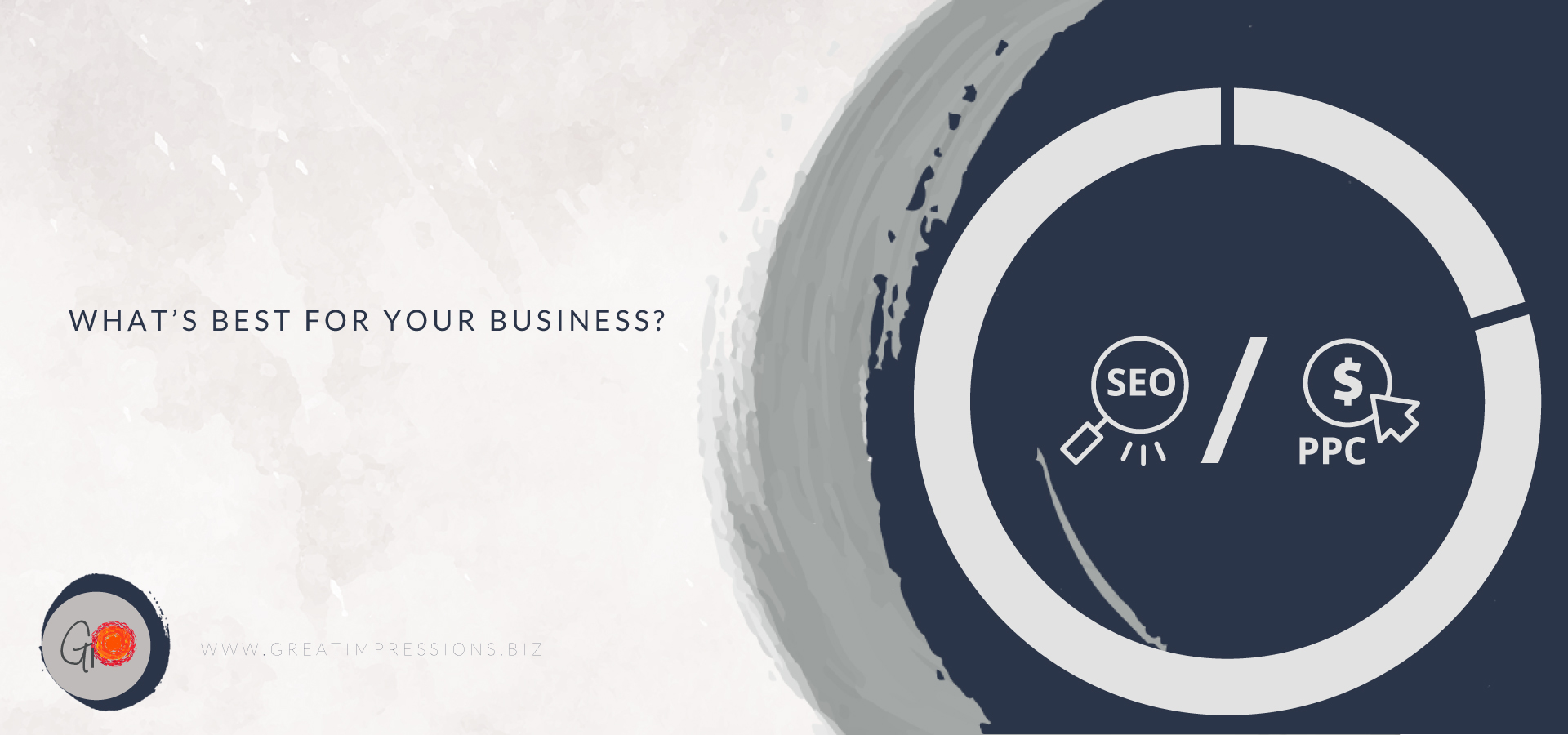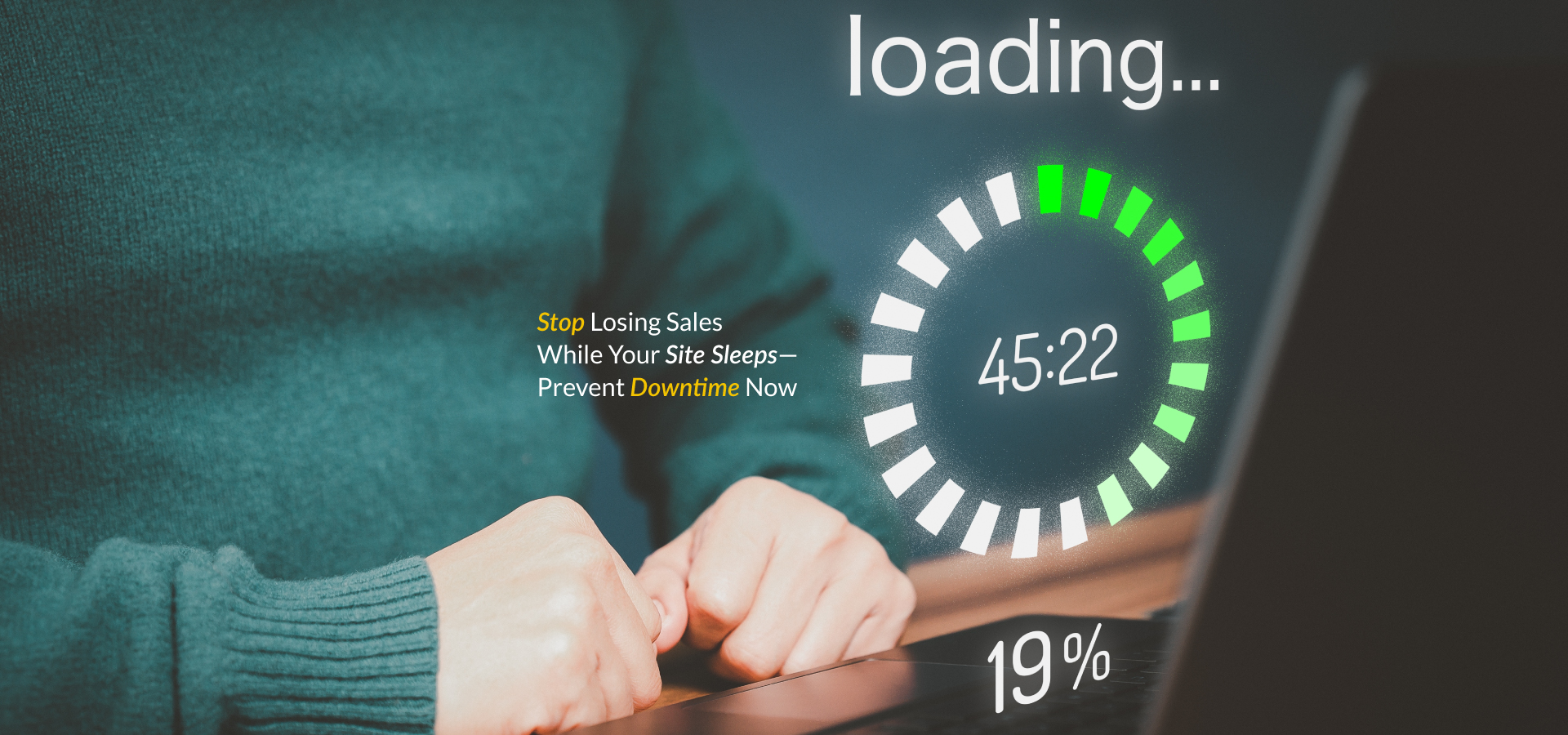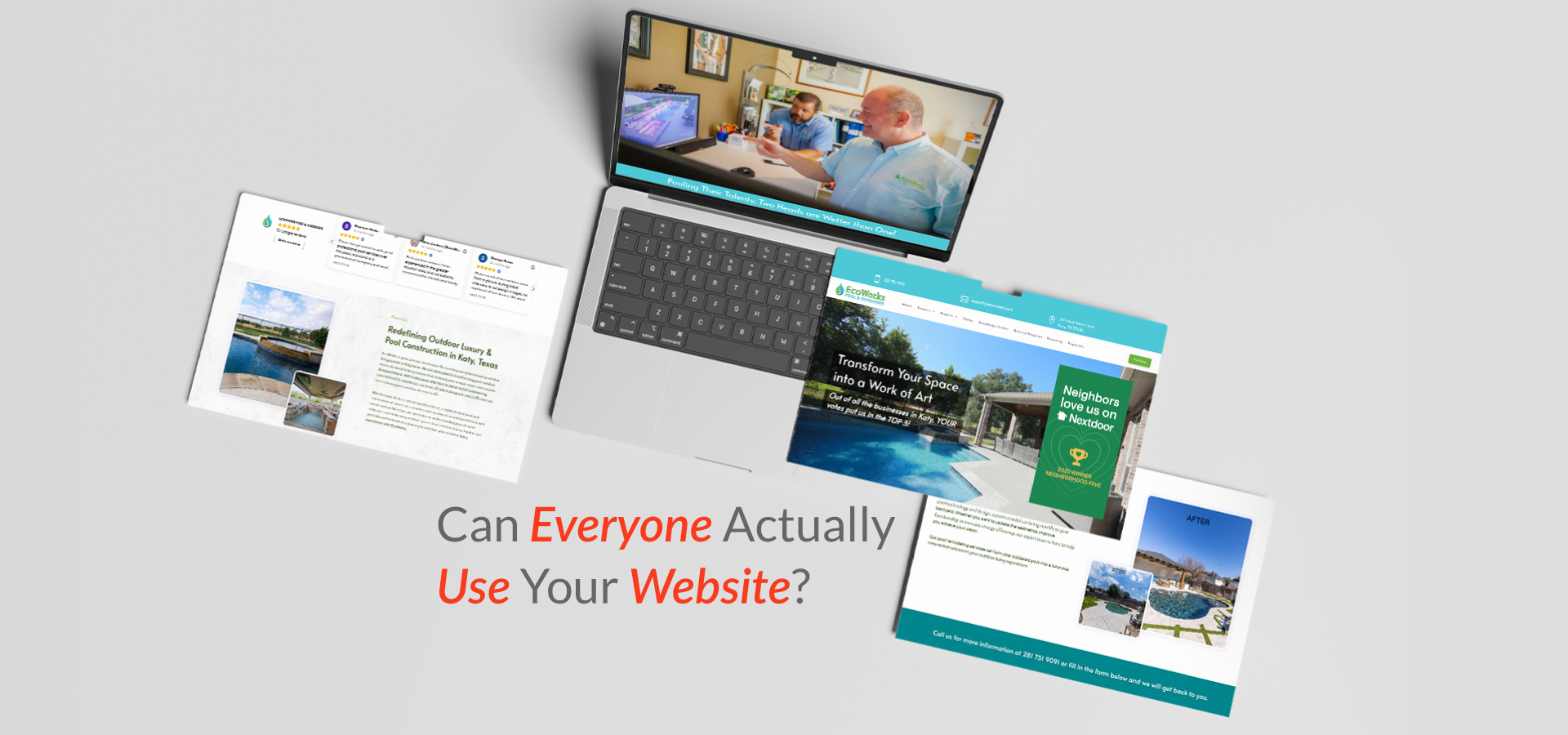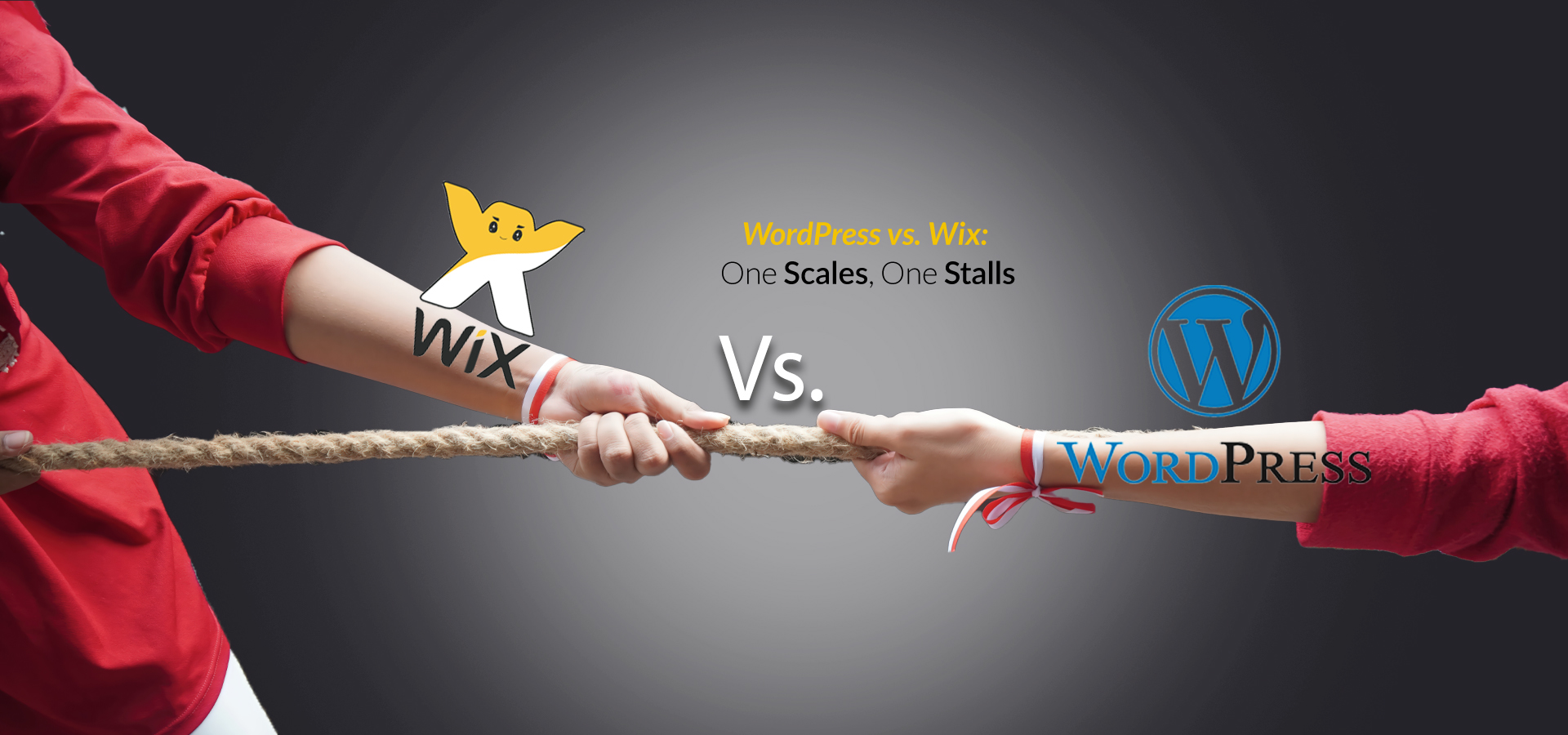SEO vs PPC which is better: Digital marketing strategies often revolve around two primary methods of driving traffic: Search Engine Optimization (SEO) and Pay-Per-Click (PPC) advertising. While both approaches aim to attract users to your website, they operate differently and have advantages. So, how do you decide which is better for your business? Let’s break it down.
Understanding SEO
SEO focuses on improving your website to achieve higher rankings in organic search results. When users look for something related to your business, SEO helps your site appear prominently without relying on paid advertisements. This includes:
- Keyword optimization: Using the correct terms that your audience is searching for.
- Content creation: Publishing valuable and relevant content regularly.
- Technical SEO: Ensuring your site loads quickly, is mobile-friendly, and is easy to navigate.
- Building backlinks: Earning links from other trusted websites to improve credibility.
With SEO, results are not instant. It may take months to see a significant improvement, but once achieved, the traffic generated is consistent and doesn’t require ongoing ad spend.
Understanding PPC
PPC, or Pay-Per-Click, lets your business appear instantly at the top of search results as “Sponsored.” You bid on keywords and pay a small fee each time someone clicks your ad. Platforms like Google Ads and Microsoft Advertising are commonly used for these campaigns. How well PPC works depends on:
- Choosing the right keywords with high relevance and moderate competition.
- Setting a budget and bidding strategically.
- Writing compelling ad copy to attract clicks.
- Monitoring performance and optimizing campaigns regularly.
PPC is perfect for businesses seeking quick results, promoting time-sensitive offers, or entering highly competitive markets.
Differences Between SEO and PPC
- Cost: SEO requires upfront time and effort, but you don’t pay for organic clicks. With PPC, you have ongoing costs since you pay each time someone clicks on your ad.
- Speed: SEO is a long-term strategy, while PPC delivers instant visibility.
- Longevity: Once you achieve high organic rankings through SEO, you can sustain traffic for a long time. With PPC, traffic stops the moment you stop paying.
- Trust: Many users trust organic results more than ads, giving SEO an edge in building credibility.
SEO vs PPC: Which Strategy Works Best?
The choice depends on your goals, budget, and timeline.
- SEO is perfect for long-term growth. It builds a strong online presence and ensures steady traffic over time.
- If you need quick results, PPC is better. It provides immediate visibility, making it great for promotions or product launches.
- Combining both works best for many businesses: Use PPC to get instant traffic while working on your SEO strategy for future growth.
Tips for Success in 2025
By 2025, both SEO and PPC have advanced. Here are some updated tips:
- Focus on user experience: Make your website fast, simple to navigate, and mobile-friendly to improve rankings and engagement.
- Use AI tools: ChatGPT can help create compelling content and ad copy to reach your audience.
- Track performance: Analyze your results with tools like Google Analytics to improve your SEO and PPC efforts.
- Stay updated: Follow changes in search engine algorithms and PPC platforms to adjust your strategies.
SEO and PPC are both excellent digital marketing strategies. SEO builds trust and delivers long-term benefits, while PPC provides quick visibility and instant results. Combining both can help you achieve your goals.
By aligning your strategy with your business needs and budget, you can create a plan that drives results and ensures lasting success in the competitive online market.





